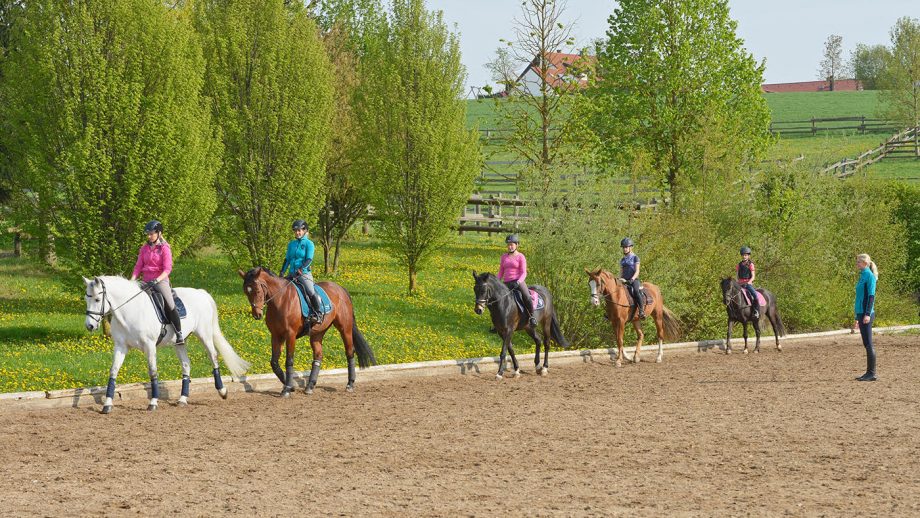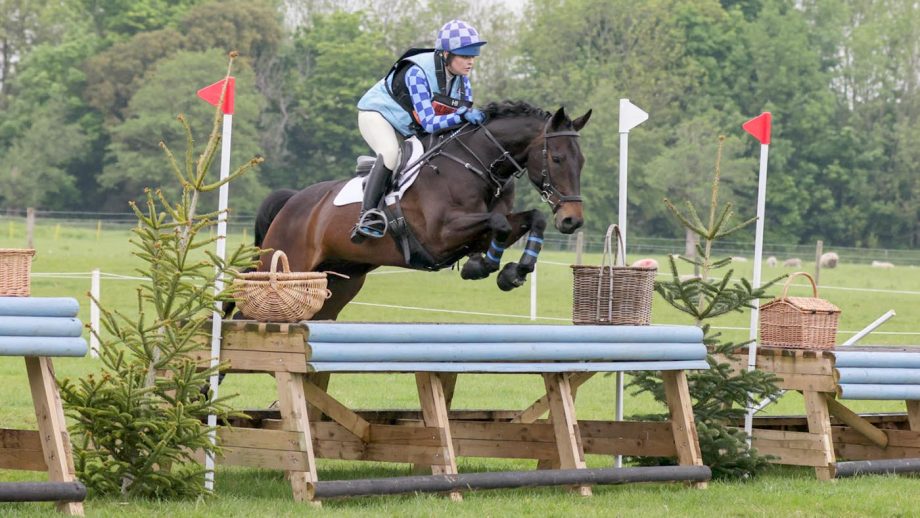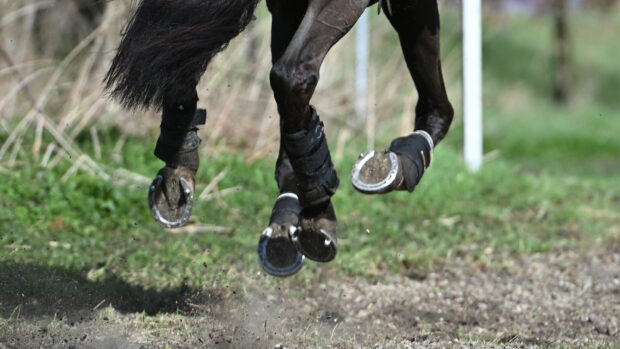A NEW partnership with local government should help ease the pressures of the often “burdensome” and inconsistent application of riding school licensing regulations.
H&H has reported on the frustration felt by many riding schools in relation to the process of licensing; owners said they are required to carry out vast amounts of paperwork and wade through endless red tape, which means a huge workload and less time to spend on horses and riders (news, 3 March 2022).
The Animal Welfare (Licensing of Activities Involving Animals) (England) Regulations 2018 have since been reviewed, five years after they were implemented, and Defra is considering the rules and guidance.
British Horse Society (BHS) chief operating officer Sarah Phillips told H&H this post-implementation review is on whether the legislation is working or whether changes need to be made. The BHS was among the stakeholders that completed a survey to this effect.
“A lot of people say they are unhappy with the legislation, but some of it may be misunderstanding of the guidance and riding schools’ not knowing how to push back and say to the local authority, ‘You’re not applying the guidance properly,’” she said. “There’s a lot of frustration.”
Ms Phillips said “in the main”, the legislation is sound, “but the way the local authorities implement it is what causes frustration and confusion because they’re not implementing it consistently, or misinterpreting it”.
The law covers a variety of animal-related businesses, with species-specific guidance, and a council licensing officer may have no equestrian knowledge and try to apply the rules where they are not relevant. This can mean a riding school on one side of a local authority boundary is happy with its officer, but another half a mile away is not.
“So one may be well supported by the local authority, but the other is being asked to produce layer on layer of records, which doesn’t improve horse welfare and make things burdensome,” Ms Phillips said. “We all agree horses should have vet and shoeing and worming records, and it’s not that horses aren’t being well cared for but the records don’t show that in the right way.”
The BHS has surveyed its approved centres and submitted their concerns to Defra as part of the review. It has also formed a “primary authority partnership” with the City of London Corporation, the lead local authority for this guidance.
This means the BHS will meet the council quarterly – and has done so once already since the partnership was formed at the end of last year – and pass on concerns. Having considered them, the corporation will develop “assured advice”, which is passed on to all councils.
“We can represent riding schools and tell the council the challenges, and what’s not working,” Ms Phillips said. “The assured advice will set out how the guidance should be applied, and the local authorities should then follow it. At the first meeting, we took examples of where things aren’t working, and where we’d like clarity, and they’ll consider it and send the advice. So if a riding school says, ‘The vet does x and the inspector does y and I don’t believe it’s right,’ we can direct the council to the advice and they should follow it.”
The BHS has had “positive conversations” with Defra on the review and Ms Phillips said the department is “receptive to change”.
Sue Nevill-Parker, of Arrow Equestrian riding school, has previously told H&H of her concerns with the “not fit for purpose” licensing system, and the issue of guidance being applied inappropriately.
“If it’s a zoo, they have to have enrichment for the animals, but they come here and ask about our enrichment programme,” she said. “The horses get ridden, turned out and fed; what else do they want? Anyone carrying out inspections needs to know about the subject they’re inspecting. People from the council can spend six hours going through paperwork that means nothing; it’s a pen-pushing exercise that doesn’t improve horse welfare in any way.”
Ms Nevill-Parker said she has had a letter from the council suggesting she employ an inspector at her own cost. She is considering this as it may still cost less than she currently has to pay for inspections.
“Hopefully something will come from this,” she added.
A Defra spokesman told H&H the Government always “seeks to learn from the implementation of legislation and make improvements where necessary”.
“The 2018 regulations were due to be reviewed and we are currently examining the regulations and associated guidance,” he said. “We are working closely with partners, including local authorities and sector groups, to undertake this review and more information will be provided in due course.”
You might also be interested in:

Riding schools in ‘national crisis’ over ‘unfit for purpose’ licensing system

‘I’m so proud’: riding school horse qualifies for Badminton grassroots 2023

Subscribe to Horse & Hound magazine today – and enjoy unlimited website access all year round

Action planned on supply, demand, costs and licensing issues faced by our riding schools
Horse & Hound magazine, out every Thursday, is packed with all the latest news and reports, as well as interviews, specials, nostalgia, vet and training advice. Find how you can enjoy the magazine delivered to your door every week, plus options to upgrade your subscription to access our online service that brings you breaking news and reports as well as other benefits.




